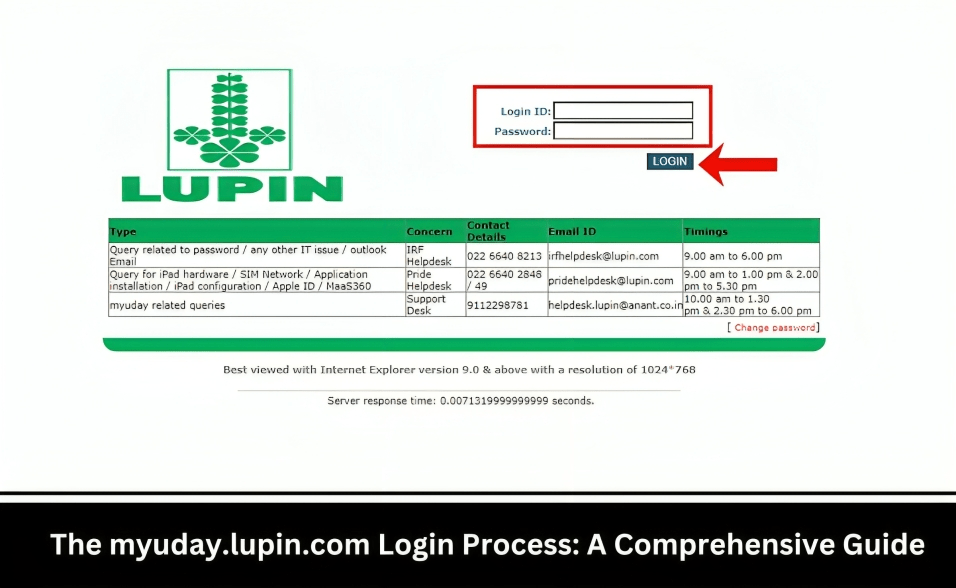As the online casino and slots industry continues to grow, integrating cryptocurrency payment options like USDT (Tether) has become a strategic move for many businesses. However, with the increasing popularity of crypto transactions comes the critical need to navigate the complex world of compliance. Ensuring that your platform remains fully compliant while accepting USDT payments is essential for avoiding legal issues, maintaining player trust, and sustaining long-term growth. Here are some best practices for staying compliant with crypto payment solutions.
Understanding the Regulatory Landscape
The regulatory environment for cryptocurrencies is continuously evolving, with different regions adopting varied approaches. Before accepting USDT payments on your platform, it’s crucial to thoroughly research the legal requirements in your target markets. Some jurisdictions have stringent rules governing cryptocurrency transactions, while others offer more lenient guidelines.
Staying informed about the latest regulatory developments ensures that your platform operates within legal boundaries. Regularly consult legal experts who specialize in cryptocurrency regulations to stay ahead of changes and avoid potential fines or operational disruptions. A proactive approach to understanding the legal landscape not only safeguards your business but also builds credibility with players.
Implementing Know Your Customer (KYC) and Anti-Money Laundering (AML) Protocols
One of the key concerns regulators have about cryptocurrency transactions is the potential for money laundering and other illegal activities. To address this, it’s essential to implement robust KYC and AML protocols. KYC involves verifying the identity of your users before they engage in transactions on your platform, ensuring that all players are who they claim to be.
AML protocols go a step further by monitoring transactions for suspicious activity, such as unusually large deposits or rapid transfers across multiple accounts. Integrating these measures into your platform helps you comply with global regulatory standards and demonstrates a commitment to responsible gaming. When accepting USDT payments, it’s particularly important to use tools and processes that flag suspicious transactions, allowing you to intervene early and avoid legal repercussions.
Partnering with Reputable Payment Gateways
Choosing the right cryptocurrency payment gateway is a critical step in ensuring compliance. Not all gateways are created equal, and it’s important to partner with a provider that prioritizes security, compliance, and regulatory adherence. When selecting a payment gateway, consider whether it offers features like automatic KYC checks, AML monitoring, and easy integration with compliance tools.
For platforms accepting USDT payments, it’s advisable to choose a gateway that has a proven track record of operating within regulatory frameworks. Working with reputable providers reduces your compliance burden and gives you peace of mind that your transactions are being handled securely and transparently.
Keeping Accurate Records and Reporting
Transparency is key when it comes to regulatory compliance. For online casinos and slots platforms, maintaining accurate records of all transactions is essential for both internal audits and external regulatory reviews. Detailed reporting ensures that you have the necessary documentation to demonstrate compliance during audits or investigations.
When accepting USDT payments, your record-keeping should include information on deposit and withdrawal amounts, user identities (as verified through KYC), and transaction timestamps. Some payment gateways offer built-in reporting tools that automate this process, making it easier to stay compliant and keep track of your financial activity.
Educating Your Players About Compliance
Transparency doesn’t stop at internal processes—it also extends to your relationship with players. Clearly communicate the compliance measures your platform follows, such as KYC and AML requirements, and explain how these steps benefit the user experience by enhancing security and trust.
Educating players about these protocols helps reduce friction during onboarding and minimizes pushback when identity verification steps are required. It also reassures players that your platform is a trustworthy and responsible operator, increasing their confidence in depositing and playing. Offering resources like FAQs and customer support for compliance-related inquiries can further smooth the user experience while maintaining regulatory standards.
Regularly Updating Your Compliance Strategy
Compliance isn’t a one-time effort; it requires continuous monitoring and updates to stay aligned with changing regulations. As new laws emerge and existing ones evolve, your platform’s compliance strategy must adapt accordingly. Regularly reviewing your protocols, updating your technology stack, and conducting internal audits are key practices that help ensure ongoing compliance.
For platforms accepting USDT payments, this adaptability is crucial. As the regulatory environment for stablecoins and other digital currencies shifts, being able to quickly implement necessary changes can keep your business operating smoothly without unexpected disruptions.
Leveraging Automation for Compliance
Automation can be a powerful tool in managing compliance effectively. Implementing automated KYC and AML solutions helps streamline the verification process and reduces the risk of human error. Additionally, automated reporting systems ensure that your platform maintains accurate records with minimal manual intervention.
For online casinos and slots accepting USDT payments, automation allows you to scale your operations without compromising on compliance. It also frees up resources, enabling your team to focus on enhancing the player experience and driving business growth while still meeting regulatory requirements.
Conclusion
As the online casino and slots industry embraces cryptocurrency payment solutions, ensuring compliance is more important than ever. By understanding the regulatory landscape, implementing strong KYC and AML protocols, and partnering with reputable payment gateways, your platform can safely accept USDT payments while staying within legal boundaries. Maintaining transparency with players, updating your compliance strategy regularly, and leveraging automation will position your business for long-term success in a rapidly evolving market.
Read more: https://baldockvets.com/


